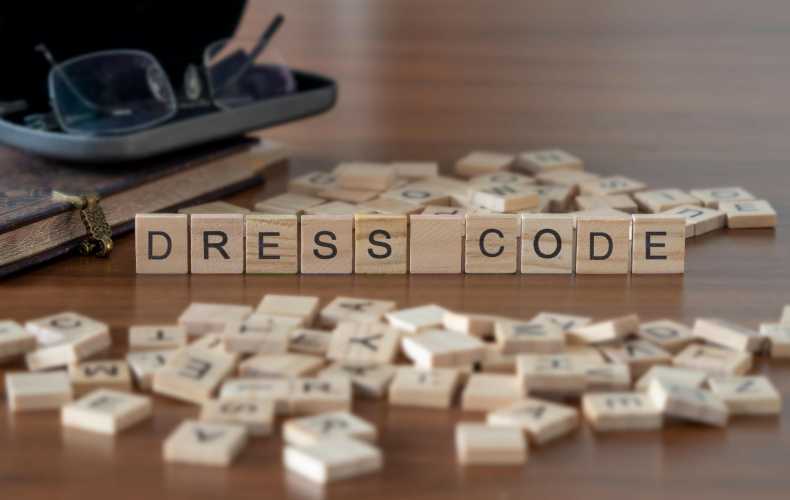How a Strict Dress Code Impacts Your Culture
in Management by Emily Snell

How a Strict Dress Code Impacts Your Culture
Whether to have a strict dress code is an age-old struggle for business owners, and the discussion has really ramped up over the last decade as our entire society works more, but eases traditional norms.
There are both pros and cons to requiring employees to dress a certain way. While some businesses want young employees to feel comfortable, others need employees to dress their best to make an impression on clients. Here are the Pros and Cons to help you decide what works best for your company.
Make Good Impressions on Customers
If you have clients and customers who visit your offices, having a strict dress code can ensure you project a professional appearance and make a good impression. A client who comes to your office might lose confidence in you if your employees are wearing jeans, t-shirts and flip flops.
Avoid Distractions
One of the big benefits of a strict office dress code is avoiding distractions. Mandating certain types of dress at the office can prevent situations such as women dressing too provocatively or people wearing t-shirts with inappropriate pictures or slogans.
Promote Safety
In some businesses, a strict dress code is necessary to promote safety. For example, in a warehouse or manufacturing setting, it wouldn’t be appropriate for employees to wear sandals or open-toed shoes. Certain articles of clothing, such as loose-fitting blouses or jackets also could be a safety hazard around machinery. This may be a case where different departments are expected to adhere to different dress codes.
Potential Rights Violations
One potential drawback to a strict dress code is that you could run into discrimination complaints. If you have a no-hat policy that doesn’t make exceptions for religious coverings such as a yarmulke, you could run afoul of equal opportunity laws. Similarly, a code that allows women, but not men, to wear shorts and sandals could lead to a discrimination complaint.
Can Be a Drag on Productivity
A strict dress code can, in some cases, hurt productivity. For example, if you require male employees to wear jackets and ties, they could be uncomfortable on very hot days. The code itself also could hurt productivity if employees are constantly stressed about whether what they are wearing is appropriate and meets the dress code.
Can Turn Off Younger Employees
Many Millennials have been raised in a more relaxed, casual culture, and that extends to dress. Young people are much more likely to think it is okay to wear casual clothes in formal settings such as church or work. If you have a strict dress code, you could lose out on talented young employees who don’t want to conform to the rules.
Whether you have a dress code should largely depend on your business goals and needs. Having a code “just because” may not be the best policy. Employees should look professional, but they should be comfortable as well. Finding quality business clothes doesn’t have to expensive either, with a discount coupon for Neiman Marcus.
While employees should look professional at work, they shouldn’t be expected to spend a fortune, so there should be no pressure around brands or budgets. Employees and businesses should work together to find what’s best for everyone.




